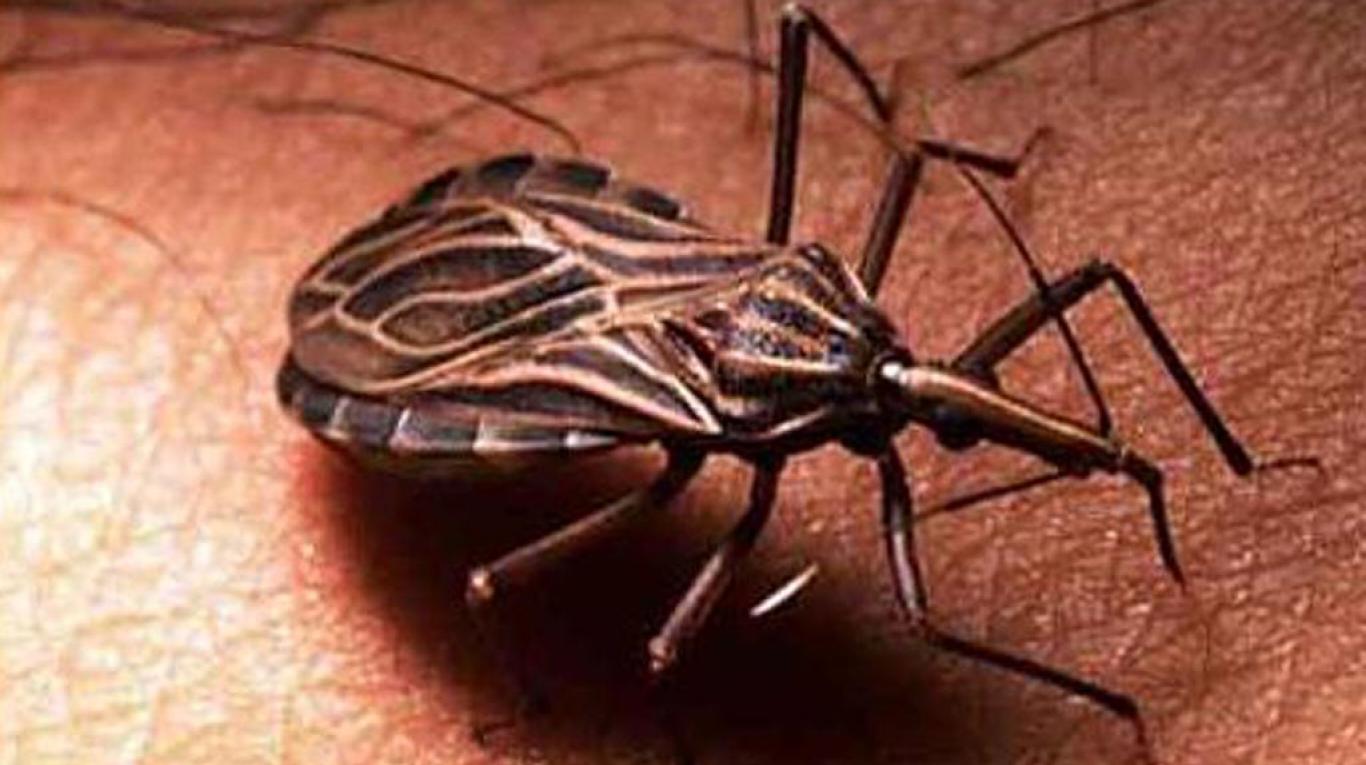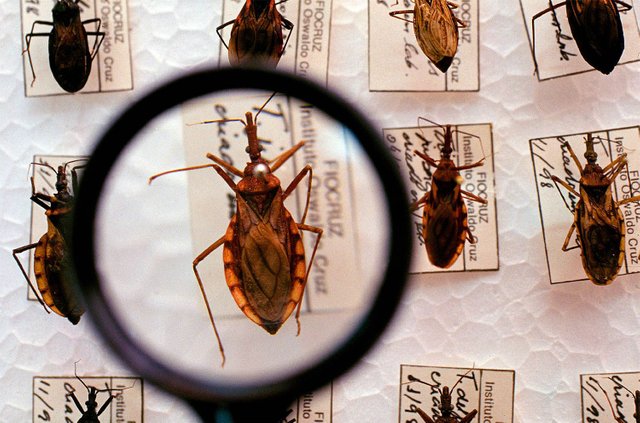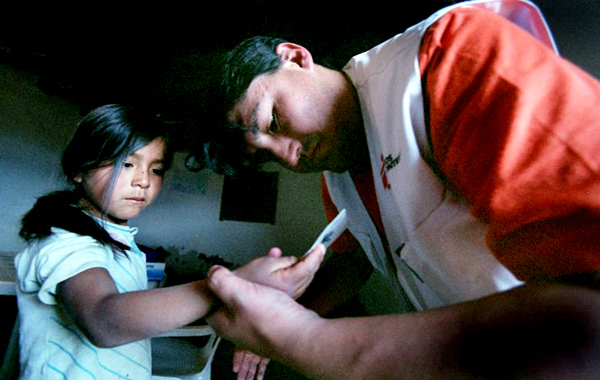What is Chagas disease and how is it treated?
Also called American trypanosomiasis, is a life-threatening disease caused by the protozoan parasite Trypanosoma cruzi.
It is estimated that there are between 6 and 7 million people in the world infected with Trypanosoma cruzi, the parasite that causes Chagas disease. Chagas disease is found mainly in endemic areas of 21 countries in Latin America1, where it is transmitted to humans mainly by the feces or urine of triatomine insects known as vinchucas, chinches or with many other names, depending on the geographical area.
The cost of treating this disease is still considerable; In Colombia alone, the estimated annual cost in 2008 of medical care for all patients was approximately US $ 267 million. On the other hand, the fumigation of insecticides to control the vectors would cost about US $ 5 million per year, that is, less than 2% of the cost of medical care.
This disease was discovered in 1909 by Carlos Ribeiro Justiniano Chagas, Brazilian doctor and researcher.
"They sting in an exposed area of the skin, like the face, and defecate near the bite. The parasites enter the body when the person is instinctively rubbed and pushes the feces or urine into the bite, eyes, mouth or any open skin lesion.
It is a parasitic disease caused by contact with the feces and urine of triatomine insects (chipo), which transmit the protozoan parasite Trypanosoma cruzi by means of bites.

According to the WHO, they are symptoms are:
Fever.
Headache.
Enlargement of the lymph nodes.
Paleness.
Muscle aches.
Difficulty breathing.
Abdominal or thoracic swelling and pain in the acute phase.
Cardiac disorders.
Digestive alterations (typically, enlargement of the esophagus or colon), neurological or mixed in the chronic phase.

The World Health Organization (WHO) indicates that it can be transmitted by:
Consumption of food contaminated by T. cruzi; for example, by contact with feces or urine of triatomines or marsupials.
Transfusion of infected blood.
Transmission of the infected mother to her child during pregnancy or delivery.
Transplant of organs from an infected person.
Laboratory accidents.
In the chronic phase, "the parasites remain hidden mainly in the cardiac and digestive muscles". In 2017, the WHO calculated that 30% of patients suffered from cardiac disorders and 10% presented digestive, neurological or mixed disorders. "Over the years, the infection can cause sudden death due to cardiac arrhythmias or progressive heart failure due to destruction of the heart muscle and its innervations," concludes the organization.
There are no vaccines for the disease. This is why the WHO recommends that "control objectives should be aimed at eliminating transmission and ensuring that the infected and ill population has early access to health care." The organization recommends:
Spraying the houses and their surroundings with insecticides.
Improvement of housing and cleaning to prevent infestation by the vector.
Personal preventive measures, such as the use of mosquito nets.
Good hygienic practices in the preparation, transport, storage and consumption of food.
Screening of donated blood. That is, diagnostic tests to people to distinguish if they are sick or not.
Screening tests on donated organs, tissues or cells and their receptors.
Screening in newborns and other children of infected mothers, to diagnose and treat the problem early.

The medicines indicated against Chagas disease are benznidazole and nifurtimox, antiparasitic. Both are 100% effective. However, the effectiveness decreases with the passage of time from the beginning of the infection. The WHO warns:
"Benznidazole and nifurtimox should not be given to pregnant women or people with kidney or liver failure. Nifurtimox is also contraindicated in people with a history of neurological nervous system diseases or psychiatric disorders. "
Te invitamos a descubrir @reveur.
Delega es un bot por subscripcion sin fines de lucro, que vota a autores seleccionados por quienes lo financian para apoyar su trabajo y reconocer sus esfuerzos. | Si quieres saber mas pregunta en reveur.